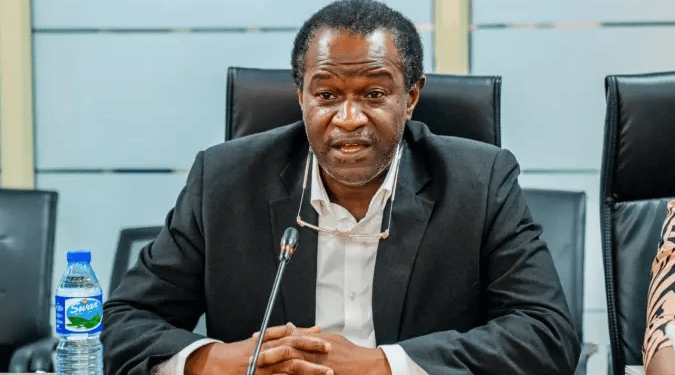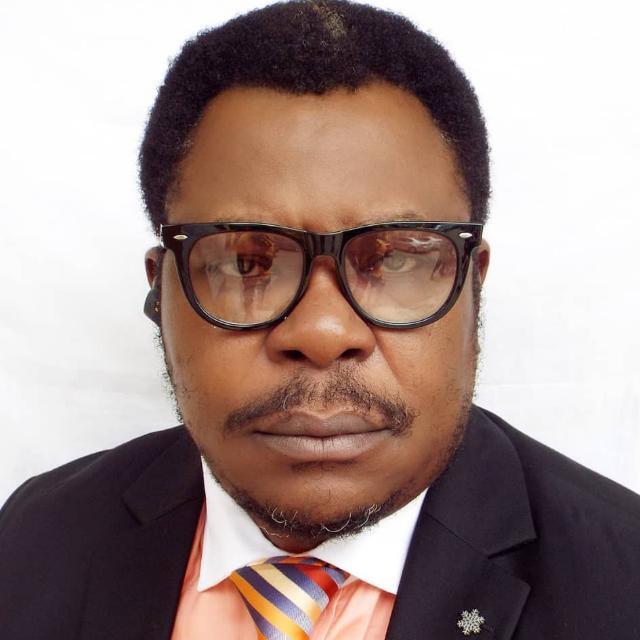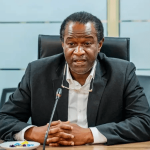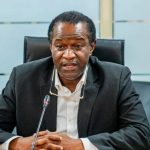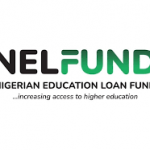The Nigerian Education Loan Fund has reopened its student verification portal for a final 48-hour window, warning tertiary institutions that failure to comply will cost their students access to the 2024/2025 loan cycle. The portal will be accessible from midnight on Sunday, October 12, until midnight on Tuesday, October 14, 2025.
The agency explained that this grace period is strictly for institutions that have not completed the mandatory verification of their students on the Student Verification System, a requirement for loan approval. According to NELFUND, the extension is intended to ensure that no eligible student is denied access due to administrative negligence at the institutional level.
Despite repeated deadlines, 203 tertiary institutions—spanning universities, polytechnics, colleges of education and specialised institutes—failed to finalise their verification. NELFUND warned that any institution that does not act within this last opportunity will be excluded from the current loan disbursement, leaving their students unable to benefit from the interest-free education scheme.
The Fund restated its commitment to fairness and transparency, noting that institutional compliance is critical to ensuring accountability in the management of public education funds. It emphasised that student data must be authenticated before disbursement to prevent irregularities and ensure proper tracking.
NELFUND officially closed the 2024/2025 application portal on September 30, bringing the second loan cycle to an end. Prior to closure, it had cautioned that any applications left unverified by October 8 would be automatically cancelled. Students affected by such delays were advised to contact their school management.
The Fund confirmed that the portal for the 2025/2026 academic session will reopen in the second week of October and remain available until January 2026. Institutions have been urged to update their records promptly in order to avoid a repeat of the current situation.
As the student loan scheme expands, timely institutional cooperation remains essential to ensuring that thousands of Nigerian students are not denied access to higher education due to administrative lapses.


